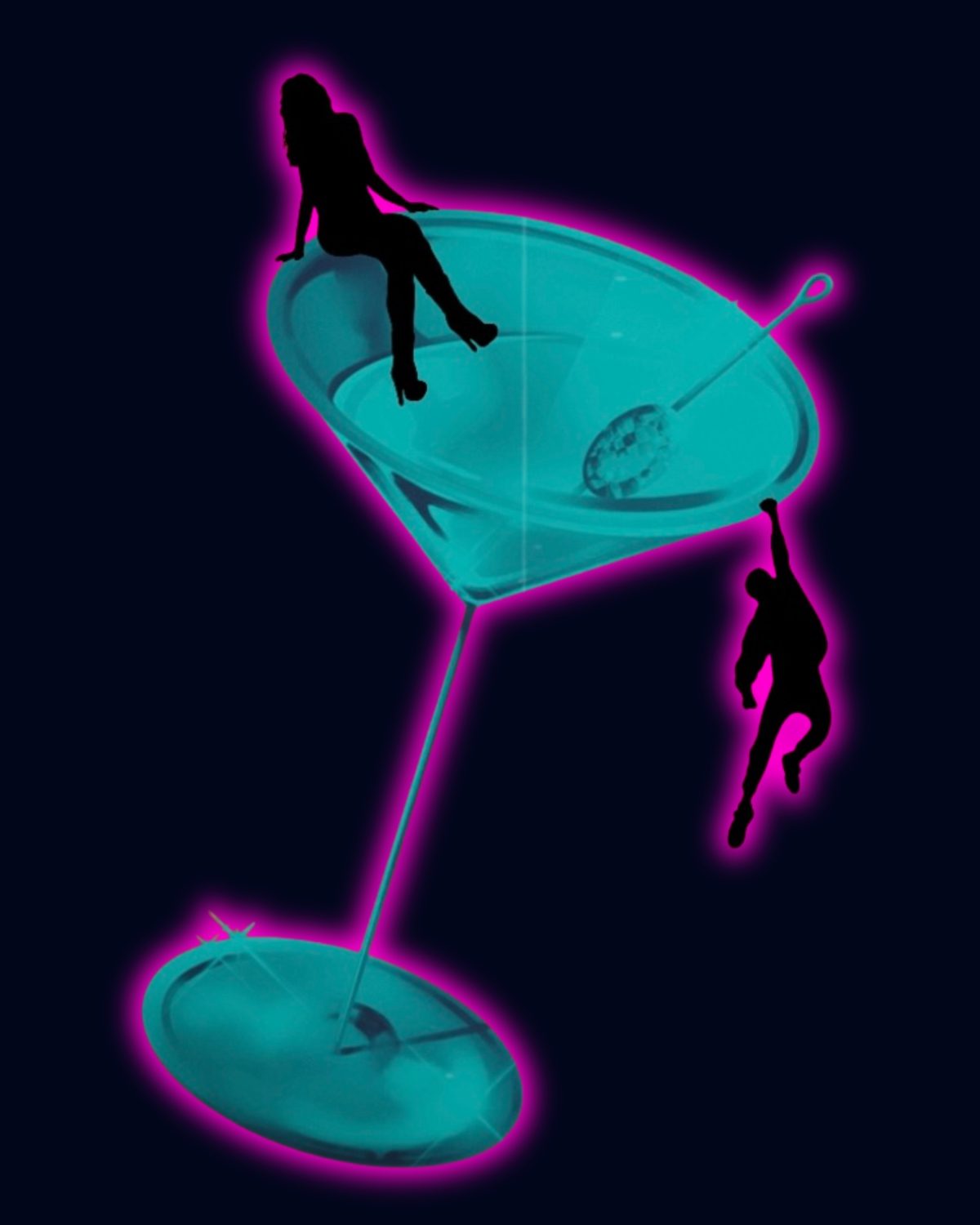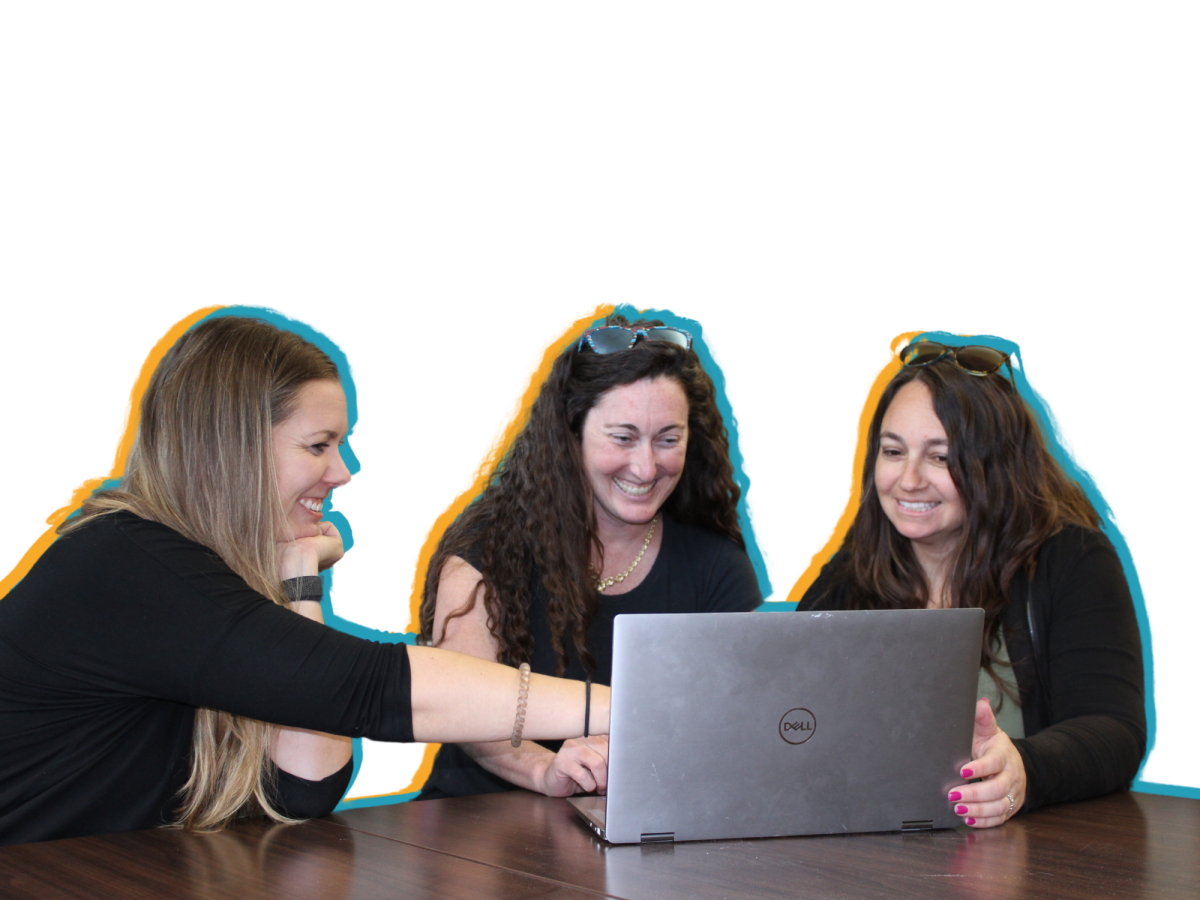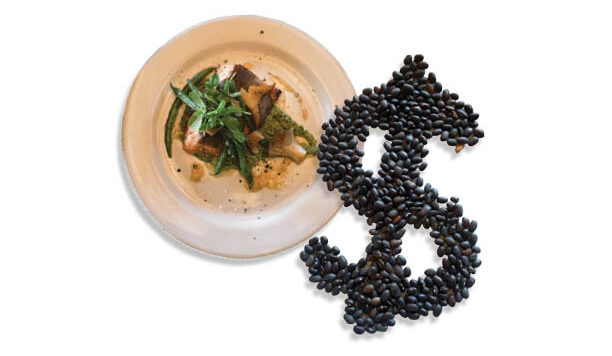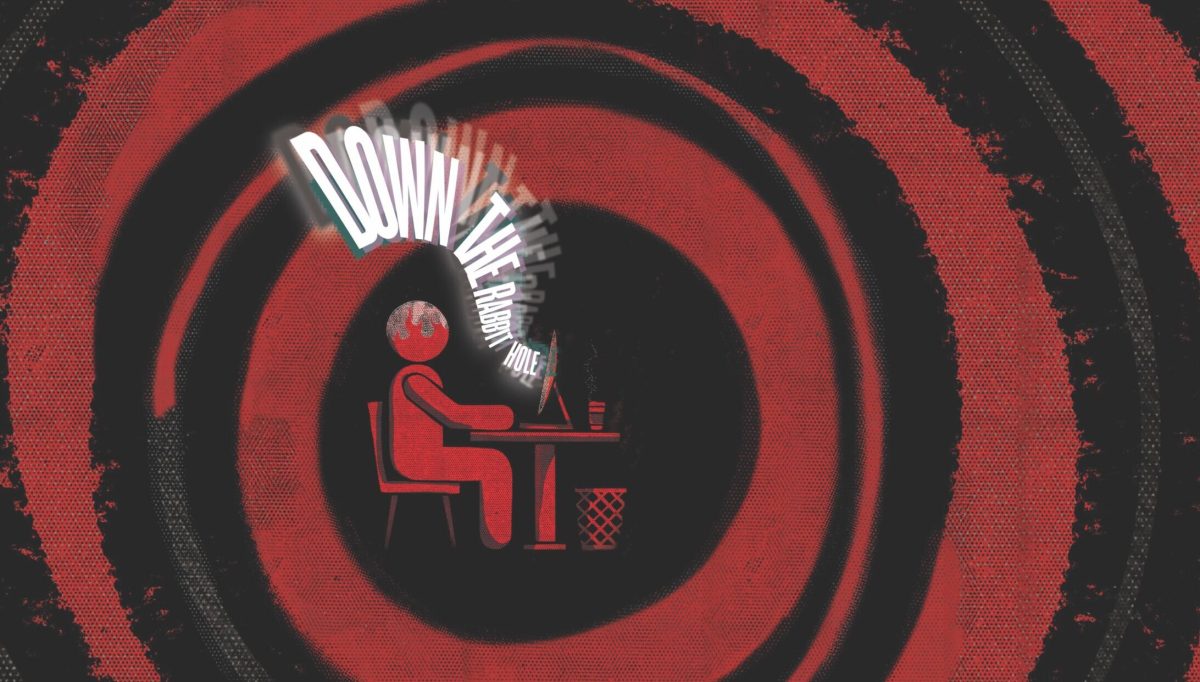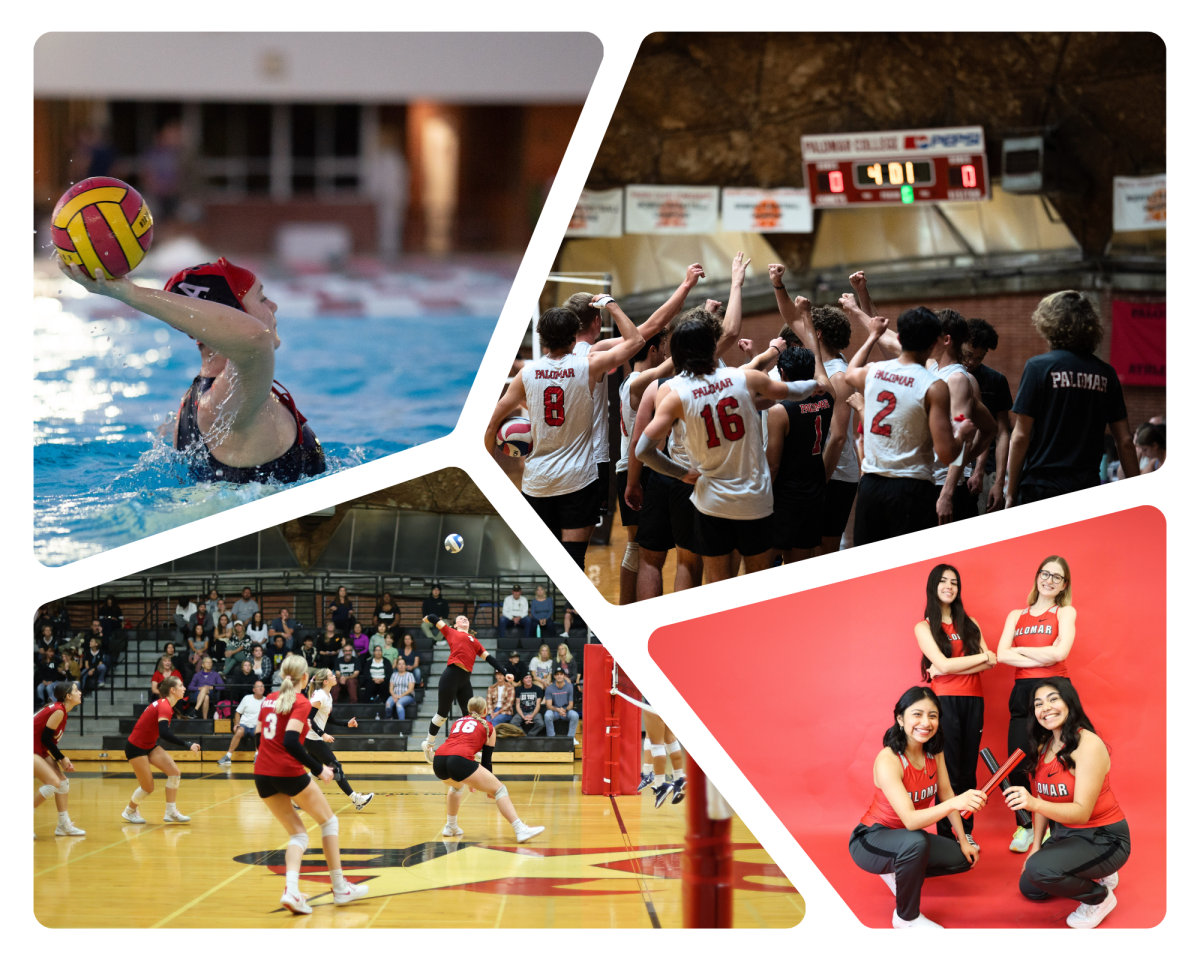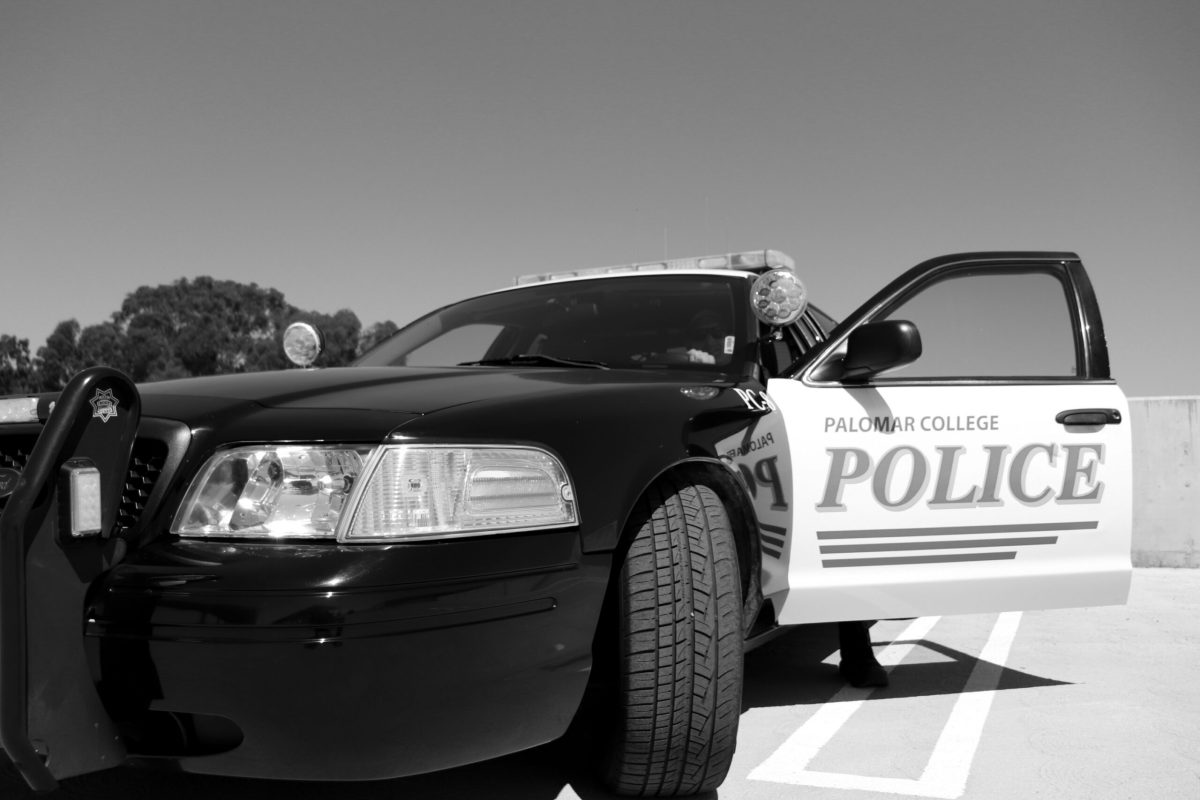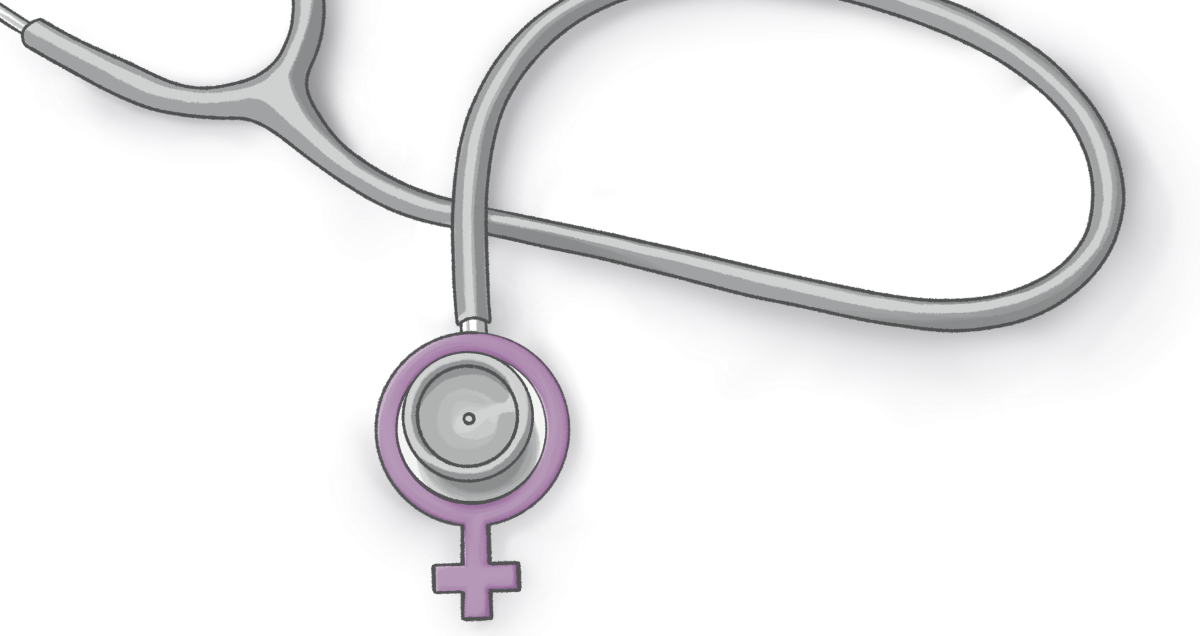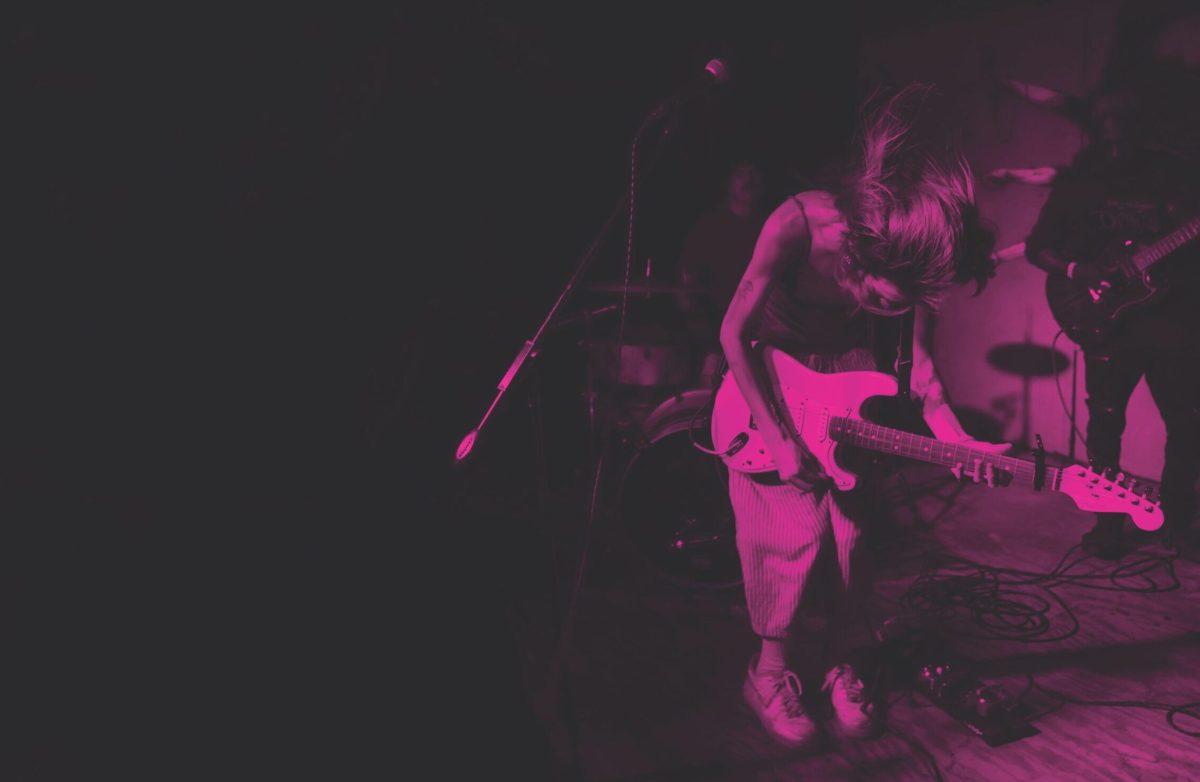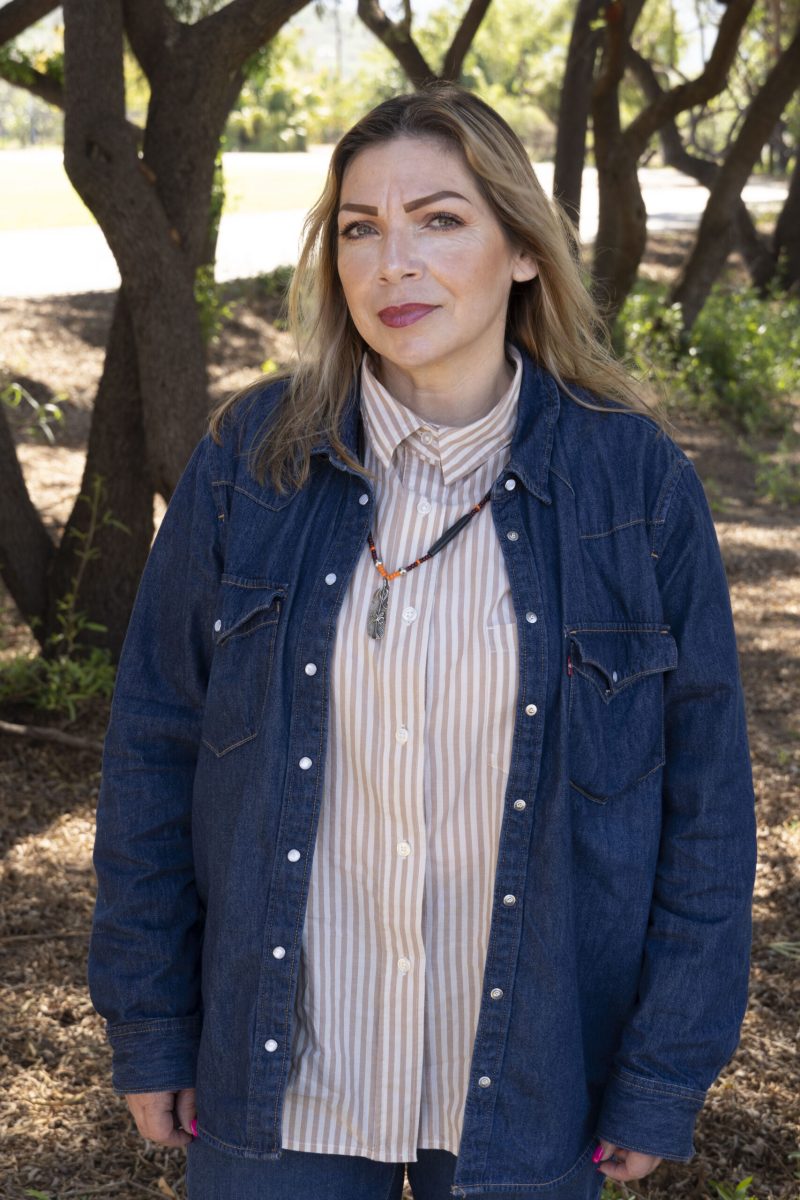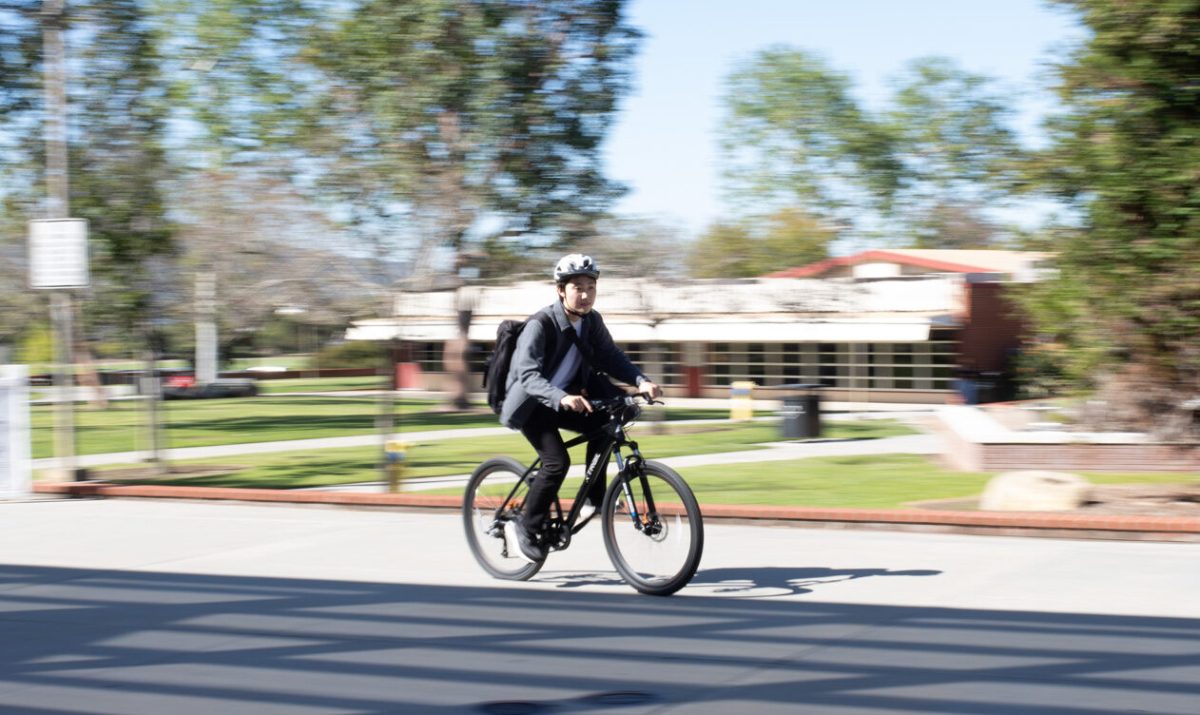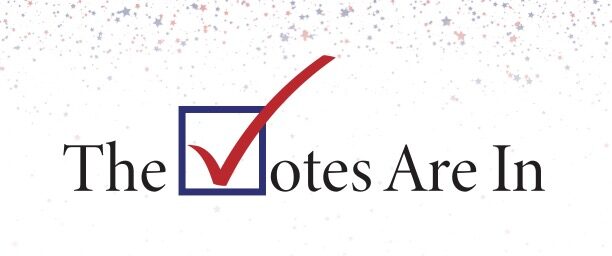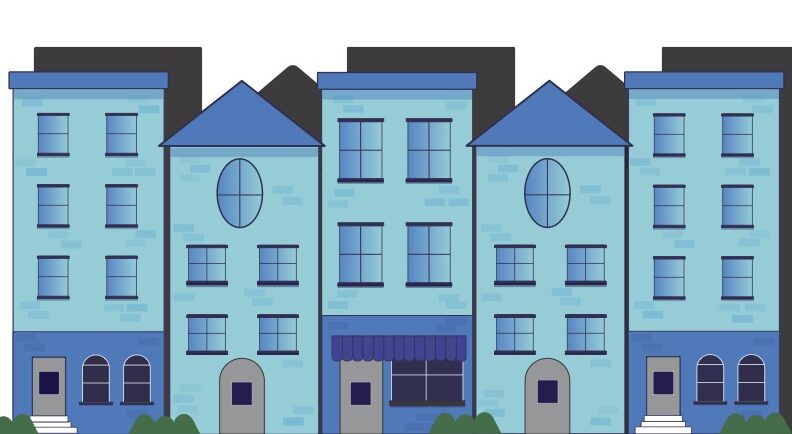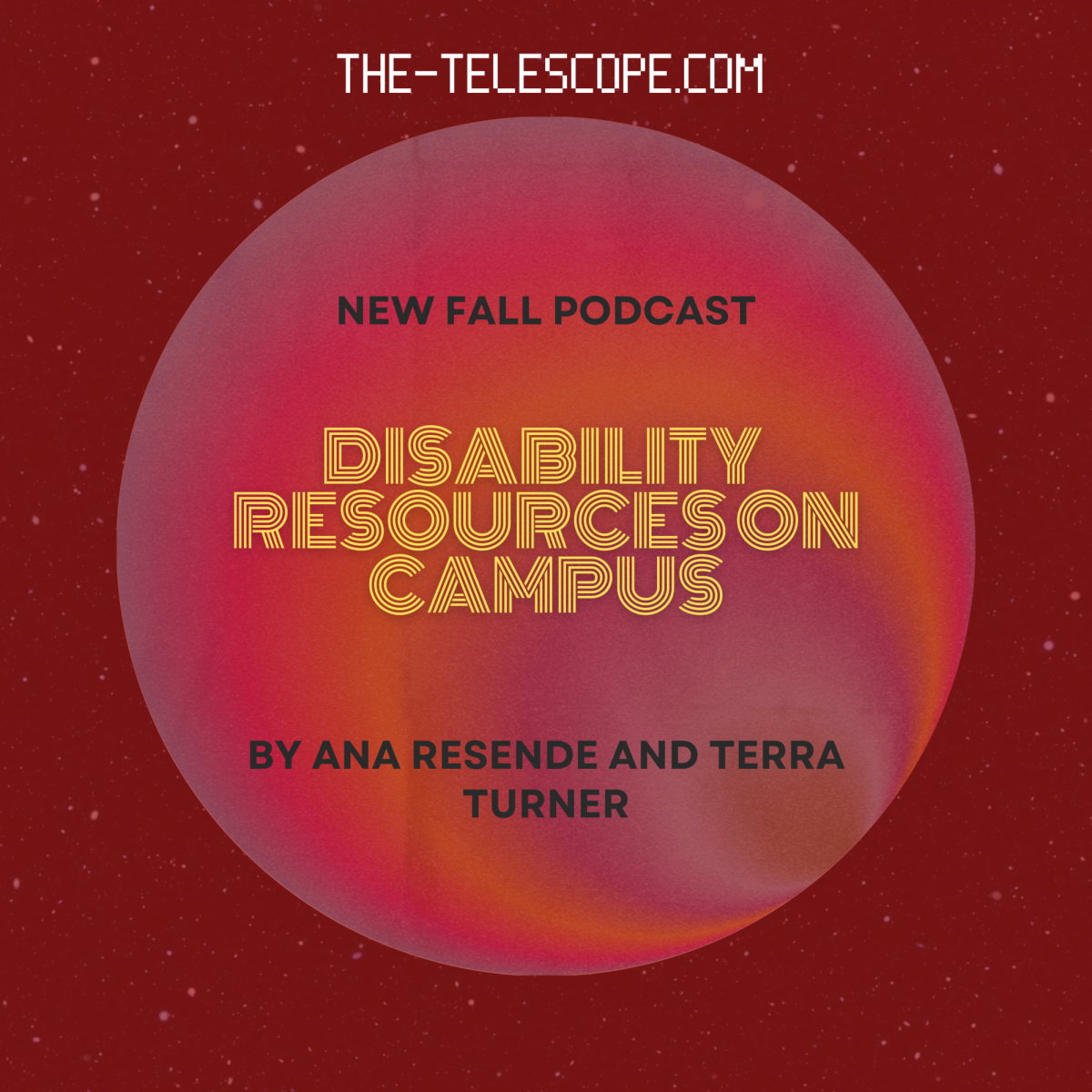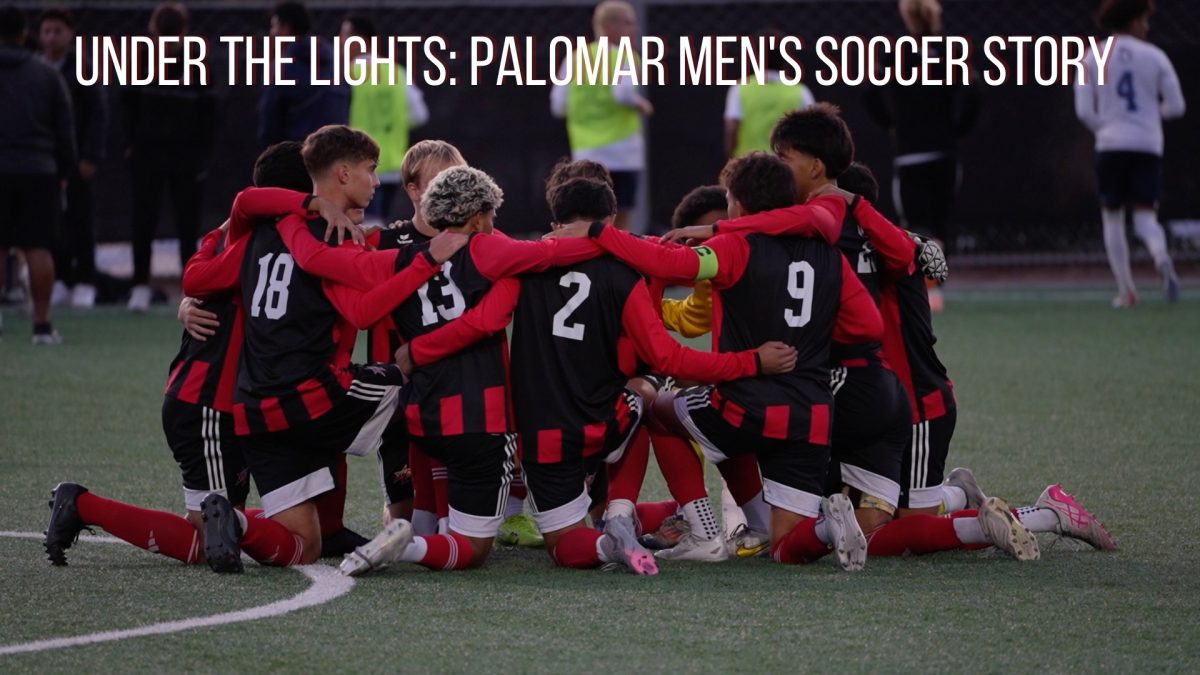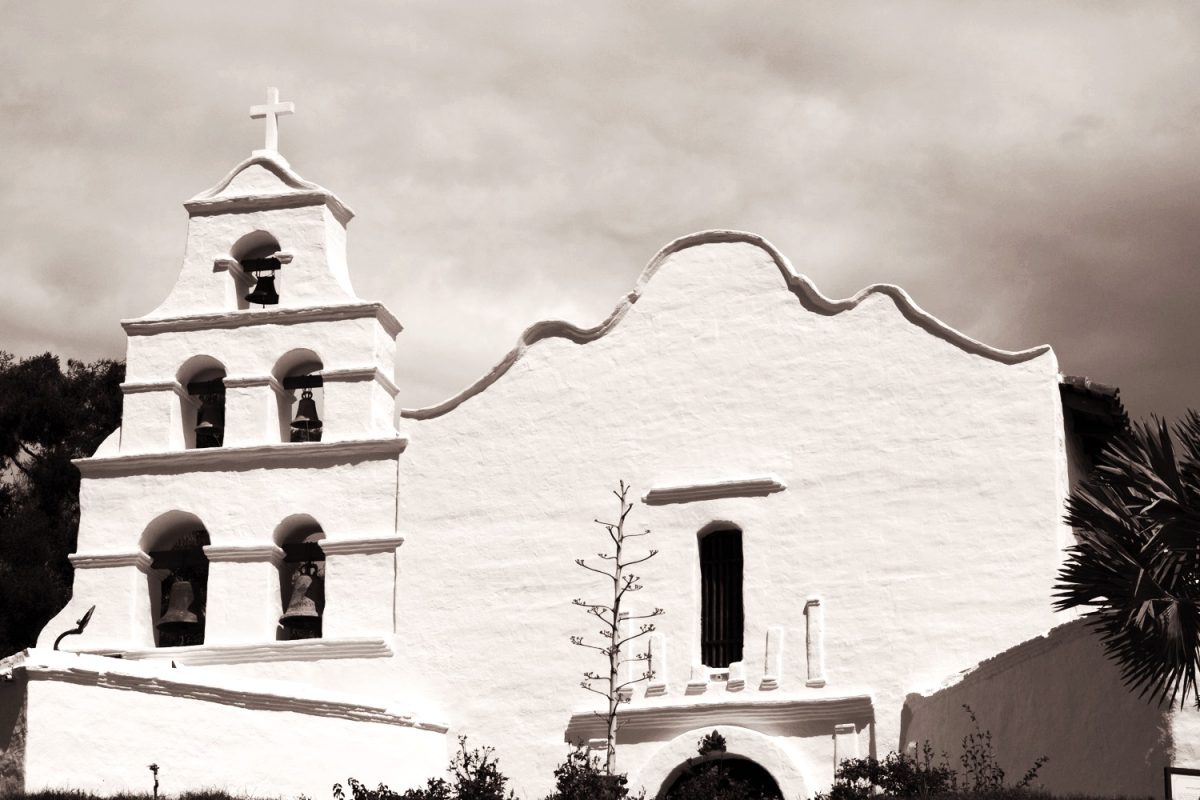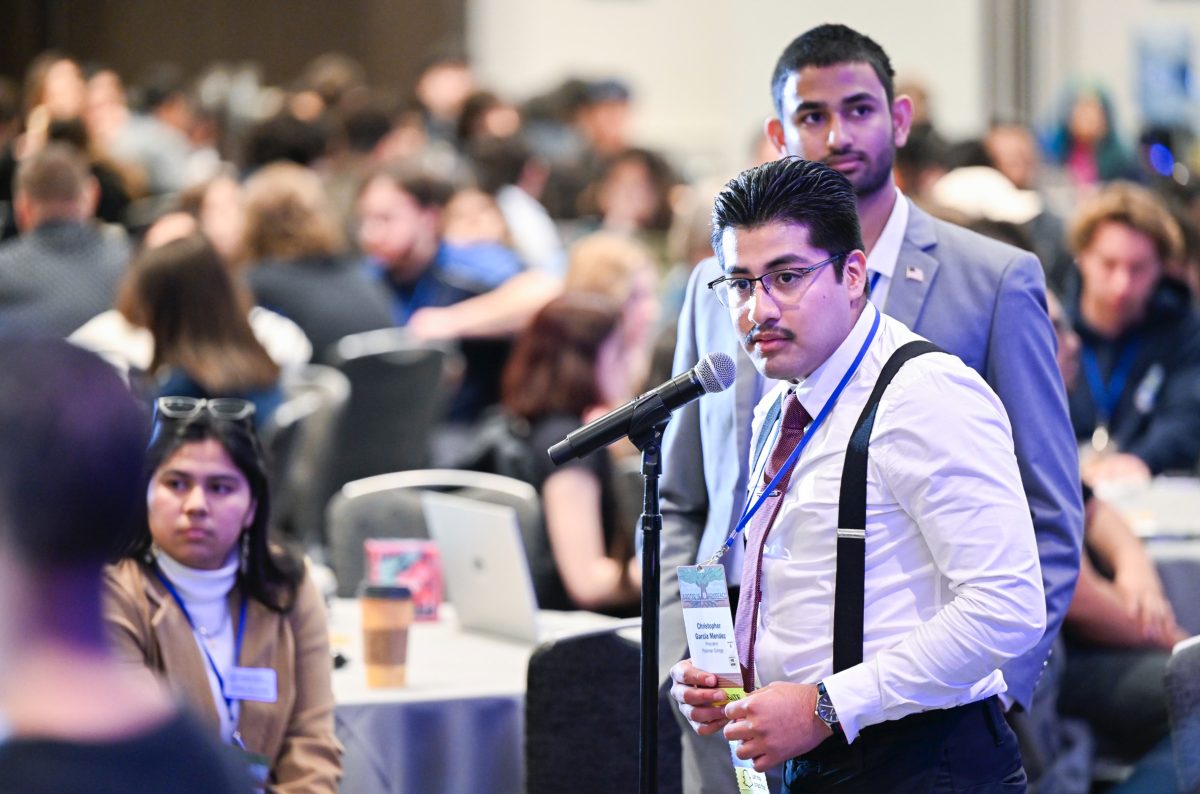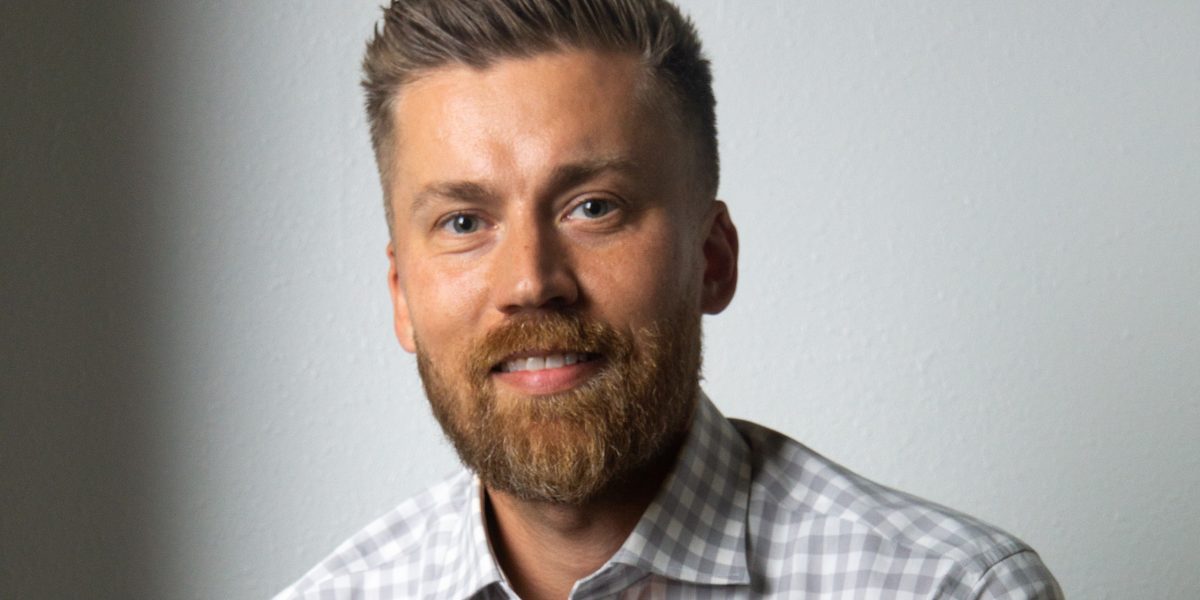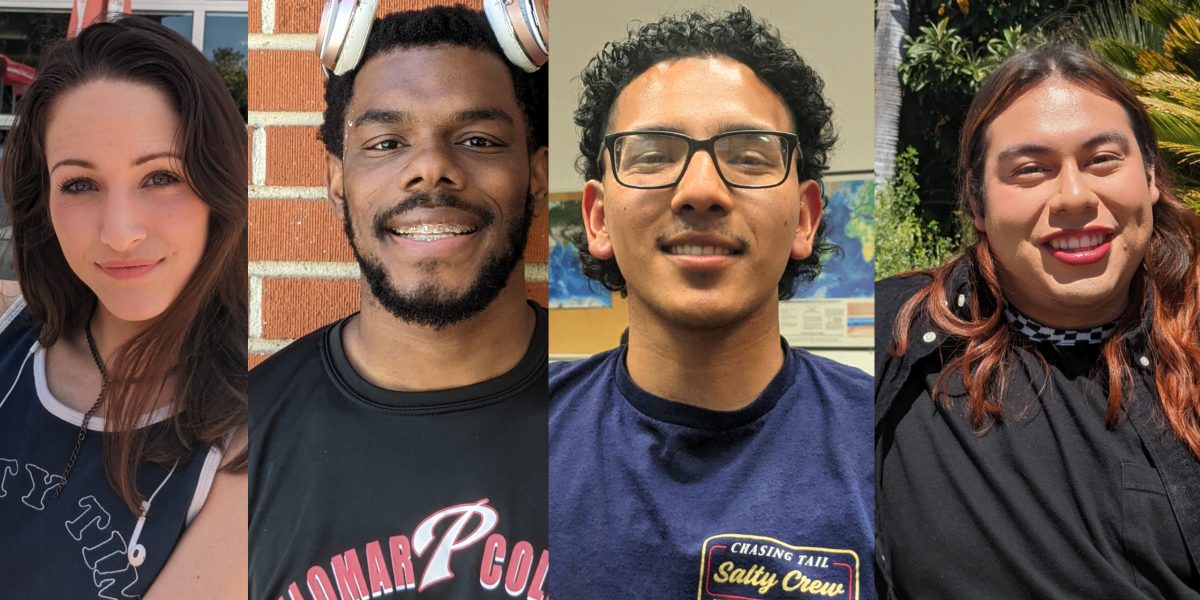A purple fluorescent sign reads ‘Welcome Home Beautiful’, warm against the cool pink undertones of San Diego’s LGBTQIA+ bar, Gossip Grill. Hanging flamingos, vibrant umbrellas and draping lights indeed signal a welcoming space for queer women and others. Bea Bautista, security, watches the swell of commotion. It grows thick, palpable on every crevice. It seeps through her veins, whispering some things and screaming others. The electrifying displays, Bautista knows, are quick deflections from an omnipresent and dangerous reality.

NBC San Diego’s “Hillcrest” tag drops down to several stories harboring words like “hate crimes,” “attacks,” “gun,” and “shootings” in their headlines.
Hillcrest, the center of San Diego’s LGBTQIA+ scene, is home to beloved bars, international restaurants, cafes, and shops, amongst other touristic wonders.
Yet, the local landmark, like many other LGBTQIA+ centered spaces, remains a bright target for violence.
The National Library of Medicine conducted a national hate crime survey from 2017-2019, which found that LGBT victims were more likely to be women than non-LGBT victims.
According to the Human Right’s Campaign, “More than 1 in 5 of any type of hate crime is now motivated by anti-LGBTQ+ bias.” They also note “a horrifying wave of fatal violence against transgender people, especially Black transgender women.”
The patterns indicate that although queer people as a whole remain targets of violence, queer women and women of color stand at some of the lowest bars in the movement toward inclusivity.
ONCE UPON ANOTHER HATE CRIME
“In the late 1980s, an estimated 200 lesbian bars existed in the United States. By 2019, researchers believed only 15 remained,” wrote Sarah Marloff in her article “The Rise and Fall of America’s Lesbian Bars” for Smithsonian Magazine.
Draped in feminine-inspired art, neon lights, a blossoming patio and known for its electrifying sapphic energy, Hillcrest’s Gossip Grill remains one of the few women- centered bars in the country.
Bea Bautista, Queer Security Consultant and self-proclaimed Gatekeeper of the Lesbians, works security at Gossip Grill.
Bautista’s journey toward private security and digital marketing has provided her a unique insight to the highs and lows of queer nightlife in San Diego.
Though anti-discrimination laws have cleared the path for many queer communities, there are no laws against the fetishization andobjectification of queer spaces.
“We’ve had issues where we hired straight guys and they’re all concerned with just getting girl’s phone numbers and it becomes a distraction,” Bautista said. “It becomes a real big problem sometimes.”
Despite Gossip Grill’s reputation as hosting space for queer women and others, it also stands as a target for the unwanted attention of a select group of the I’d-wish-he’d-take-a- hint kind of guy.
“It’s not always a man, but it’s usually a man who’s not with anybody, not drinking any alcohol, just kind of like standing in one spot staring… that’s usually kind of a red flag,” Bautista said.
Even when a disruption may be lurking in the corners, Gossip Grill makes a point of protecting its space and the people in it.
NBC San Diego published a story in 2024 about the revamping of security measures in bars like Gossip Grill and Rich’s, found right across the street.
A security guard at Rich’s was shot in the eye with a gel-pellet on May 18, 2024 where at least four other attacks happened that night, according to NBC San Diego. Amidst the Pride Parade in July, Gossip Grill and Rich’s installed license plate reader security cameras to prevent further dangerous situations in the area.
There’s a certain way to approach people so that they’re not combative. Bautista said it’s part of security protocol and training. However, the average citizen isn’t born with these skills, and frequently, it takes two trained officials to de-escalate a situation.
“Well, we try to always do, the buddy system, right? If someone’s being a problem, you don’t want to approach them alone,” Bautista said. “But sometimes you don’t really have a choice.”
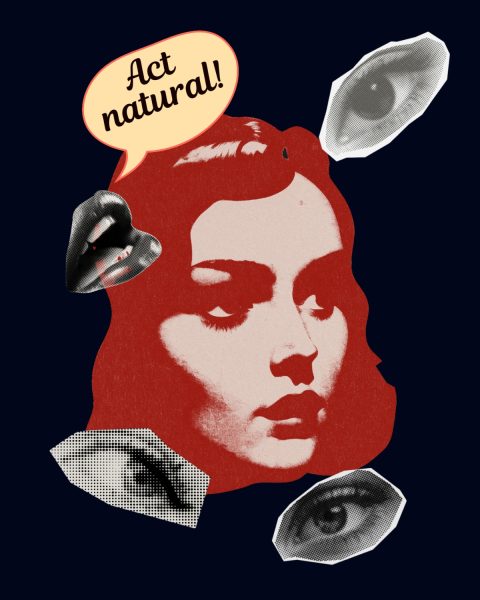
For a queer woman at a bar, the mere seconds before security intervenes can be quite sobering. The intoxication of impending danger doesn’t come with a chaser.
Even as a certified security guard, Bautista struggles with her own anxiety, especially when it comes to the individuals creating an unsafe space in her workplace. Like most women, despite the gnawing urge to shrink away from danger, Bautista looks it dead in the eye nearly every day.
After leaving the Navy in 2019, Bautista started a blog focusing on the military-to-civilian transition in hopes of giving others the resources she needed several years before. Loss, vulnerability and fear are universal emotions regardless of queer identity.
The self-proclaimed Gatekeeper of the Lesbians continues to bring justice to the title as she assists the Hillcrest community with her solidarity and skill.
Still, solidarity comes at a high price.
Patriarchal practices and outdated beliefs continue to hinder the success of women-centered businesses.
The survival of these spaces is what many marginalized groups rely on for safety. Their resilience falters when the resources and protections are not prioritized.
HISTORY AND HER-STORY
When looking at society from a historical lens, the blocks set in place against queer women and people have been evidently strengthened throughout time.
“Historically, in mainstream heterosexual relationships… the role that tends to be expected for cis, straight men is one of pursuing right, being dominant, assertive and pursuing,” said Devon Smith, professor of sociology at Palomar College.
When cis-gendered straight men enter women-centered spaces, oftentimes the goal is to be entertained or to pursue. Women’s queerness is commonly regarded with amusement — an all-you-can- eat platter of fantasy and objectification.
“I’m certainly not saying that every man does that,” said Smith. “I’m saying that we live in a society that sends messages that is somehow acceptable and okay.”
Queer women often feel the need to conceal within the very spaces they seek comfort in. More so, the disparities are much more drastic for queer people of color.
“It is a narrative that we see laid out in media and in real life, which is that there are certain people and certain bodies that are not deserving of autonomy,” Smith said.
The Human Rights Campaign released a report in 2023 which revealed the disproportionate number of attacks affecting women, women of color and gender- nonconforming people. The report found that within a year, 83.3% of violent crime and murder victims were transgender women, and 62% of those victims were Black transgender women.
“Anytime we have a dominant group… and we have a person who is marginalized on a number of levels, they are going to be seen as perhaps even less than human, right?” said Smith.
Standing at the intersection of not only racial but heteronormativity and gender conformity can be incredibly dangerous.
“Trans women, regardless of race, they are fetishized, and their bodies are commodified and objectified,” said Smith.
The very spaces that transgender women and others rely on for
safety are continuously being challenged. The funding necessary for their security and resources is rarely achieved at best.
Historically, women-owned and women-centered spaces have not been economically prioritized.
“In 2019, only 3% of total investment went to all-female businesses,” according to the Harvard Business review.
This percentage only decreased in 2020 and 2021.
The trends indicate that female entrepreneurs experience a much higher rate of loan rejections than their male counterparts. While the entire LGBTQIA+ community faces discrimination, male-owned and centered spaces are much more likely than women-owned spaces to receive the resources necessary to survive.
When rent increases strike, women-owned businesses scramble for monetary support. Oftentimes, these issues get undermined due to the progress in modern-wave feminism.
Yet, the numbers stay the same.
The protection of these safe spaces often relies on the effort of a few select individuals who actively choose to fight for change.
Devon Smith, professor of sociology at Palomar College, explained that the institutions that practically dictate our lives–governments, schools, justice systems, hospitals — are all incredibly slow and hesitant to change.
“Oftentimes outdated ideas about gender to a lot of people are still flfloating around in these institutions and are coming at us,” Smith said.
In the late 1800s, the peak industrial age and production efforts played a signifificant role in establishing some of the gender roles that are still prevalent today.
In order for the Industrial Revolution to succeed, society required a system in which one parent — usually a man — would work to sustain a family. Women, in turn, were predominantly encouraged to take on the role of homemakers.
Literary and mass media develop- ments like the printing press and cinema also further encouraged the behaviors of the hetero-normative society. Mass media outlets were presenting the roles expected of people at the time.
“Capitalist industrial societies really, really benefifit from a particular type of marital arrangement, which is very much connected to gender roles,” said Smith.
When the gender binary and heter- onormativity have been driving forces behind working families and achieving capitalistic success, there is less space for gender-nonconforming and non-traditional relationships and people.
“The irony of that in the United States is that traditional family dynamic is almost gone. Fewer than 25% of families still look like that,” said Smith.
While powerful institutions still advocate for profifit increases, the people standing in the intersections are advocating for their right to exist.
TOP OF THE CREST
When an intensifying economic state and a polarized political climate threaten the well-being of queer spaces, local communities are the first to stand against injustice.
Benny Cartwright is president of Kiwanis Club of Hillcrest All- Inclusive. Kiwanis is a non-profit organization focused on serving children’s projects, transgender support, and a community support network.
Kiwanis is sponsoring one of Hillcrest’s developing projects, which is currently known as the Hillcrest Community Patrol.
Their goal: Establish a presence that may deter violence in Hillcrest.
According to Cartwright, the Hillcrest Business Association has offered to provide T-shirts for patrol members as a branding image.
The Kiwanis Club has evolved from its tainted 1990s image. Misogynistic ideals were still very prevalent amongst members. The organization changed drastically over 20 years as Cartwright was tasked to help rebrand the club with his experience in LGBTQ+ activism at San Diego State University.
In his first year of presidency, Cartwright witnessed club membership doubling while Kiwanis shifted back to community service.
Representatives from the San Diego Police Department have also attended the meetings to provide patrol safety tips. Although the support is appreciated, Cartwright understands the complex and often negative relationship that law enforcement has with the LGBTQIA+ community and communities of color.
“We’ve made it clear,” Cartwright said. “We’re not going to be working in tandem with police… it’s about visibility, and I hope we eventually want to also provide education on what to do if you’re a victim.”
Although still in its early stages, Cartwright notes a consistent group of people interested in the project. Two security guards at Gossip Grill have expressed their interest in leadership roles for the Hillcrest Community Patrol.
Security consultant Bea Bautista attends the meetings in diligence. “It’s about watching people,” she said. Oftentimes, vigilance is the only option for victimized and vulnerable people. For many, it is a skill learned early on.
Yet, hope sparks in the eyes of those who’ve been watching long enough.
The bars and nightlife found in places like Hillcrest are a part of San Diego’s collective history. Their existence stands as a reflection of the many people who gave their lives for their survival.
“This isn’t just your average nightclub downtown,” said Cartwright. “These are very special places that our community has organized in, we fundraise in, we take care of each other, and we mourn together in these spaces.”

